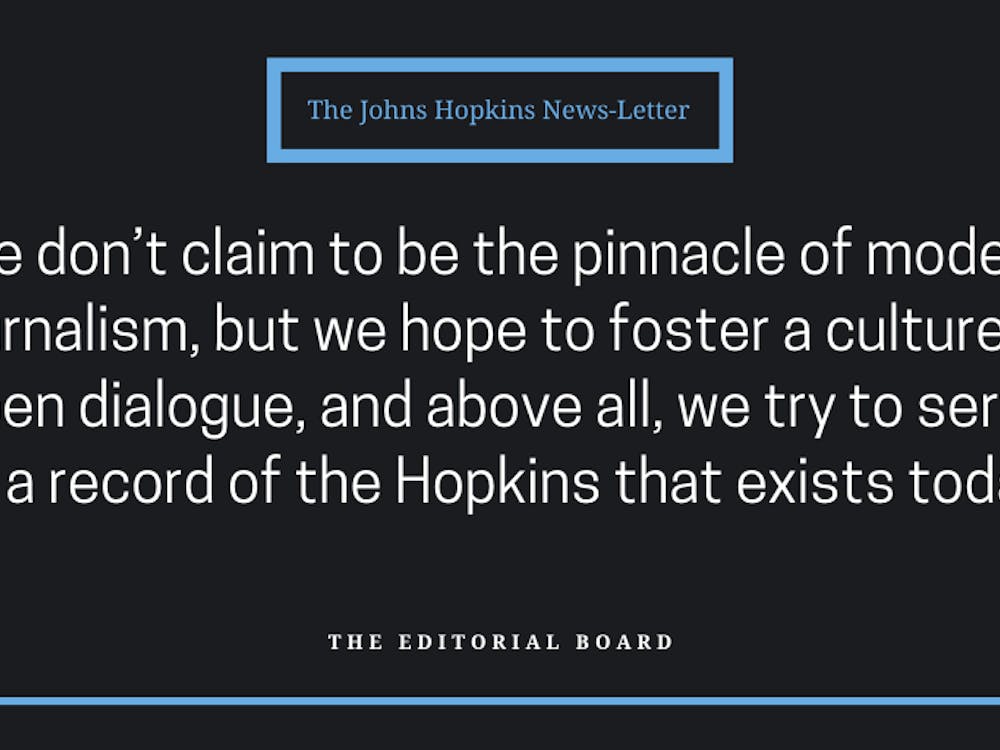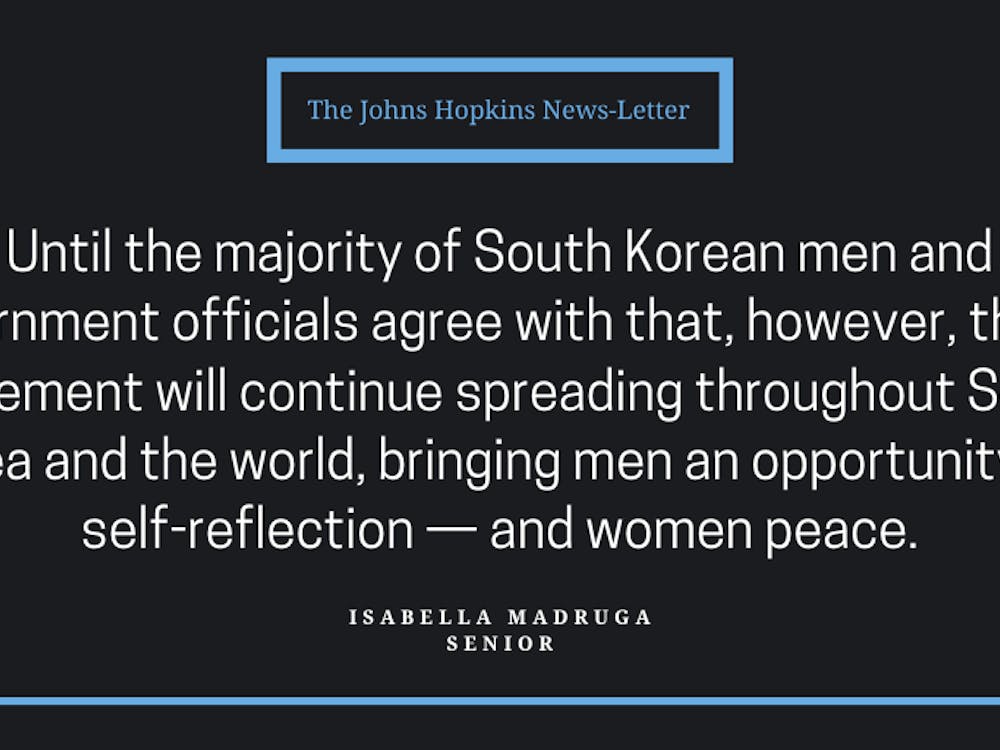Finally, Barack Obama is about to thaw the 35-year diplomatic freeze with Iran. Yes, the crown jewel of Obama's foreign policy initiatives, the Iranian nuclear deal, has just about been finalized. Several months ago, I wrote an Opinions piece through which I expressed my dissatisfaction at the earlier draft of the nuclear deal. I even went so far as to claim that Israel's extreme right-wing Prime Minister Benjamin Netanyahu's impassioned speech before Congress was factually justified, albeit extremely inappropriate and undiplomatic. Now I sing a different, cautiously optimistic tune that the deal is moving in the right direction. The new draft of the deal is significantly tougher.
Among other conditions, Tehran has agreed to convert its Fordow facility into a peaceful research center, diminish the Arak heavy water reactor's ability to produce weapons-grade plutonium and reduce its total centrifuges from 19,000 to 6,104, among other conditions. The end result of these conditions is that Iran's "breakout timeline" — or the time required for their nuclear program to produce one weapon — increases from two to three months under the old set of conditions to a whole year under the most recent. A year is a long time when you are a government attempting to conceal a national initiative to build a nuclear weapon as fast as possible. This increase in time is especially salient when you consider Iran's economic situation.
Critics of the deal harp on Iran's past failures to comply with International Atomic Energy Agency (IAEA) inspections, but they fail to fully take into account the sanction’s snap-back clauses. Iran's economic condition has deteriorated tremendously, and Tehran is appropriately desperate for relief from U.S. sanctions. If the IAEA experiences even the smallest bit of resistance while conducting inspections, the U.S. is bound to reinstate sanctions and bring whatever recovery the Iranian economy has made to a screeching halt. Rest assured, Tehran will be on very thin ice. Of course, Iranian Ayatollah Ali Khamenei is still lobbying for Iranian military facilities to be off limits to inspectors and that sanctions be lifted immediately upon the signing of the accord, rather than after international inspectors verify that he's following the conditions, but you can't blame a man fighting a losing battle for wanting to go down swinging. I am confident that he will not get his way.
As of early 2013, the Iranian rial has lost two-thirds of its value against the U.S. dollar and inflation has skyrocketed, increasing prices of fuel, basic foodstuffs and other necessities by a 40 percent margin. Needless to say, the Iranian people are suffering, and their economic situation has only worsened since then as even more countries around the world have stopped maintaining their crippling trade embargoes with the Iran. I hope that as Iran's banks are reconnected to the international financial system and foreign capital once again begins flowing into the economy, Tehran's incentives to follow the conditions of the nuclear deal will only grow stronger over time.
However, despite my cautious optimism on behalf of the suffering Iranian people, I can't seem to shake my fears that this deal will not stop Iran's leaders from belligerently continuing to pursue a nuclear weapons program. Since the U.S. House of Representatives voted on tougher sanctions in early 2013, Iran has since built an additional 20,000 centrifuges. I genuinely fear that even the snap-back clauses on the new agreement won't stop Khamenei from his nuclear dreams, even while his people suffer enormous consequences for his defiance. Furthermore, Khamenei and other top government officials in Tehran have inconceivable amounts of personal wealth at their disposal. Even if they ran the Iranian economy into a state of hyperinflation and barter became the de facto economic model, Iran's elites still wouldn't likely experience much change in their personal lives. A personal fortune of $95 billion dollars can insulate an individual from just about anything.
In conclusion, I am cautiously optimistic that Iran's leadership cares the slightest bit about the plight of its people. If this is indeed the case, then I believe that Obama hit a home run with his deal. However, if the regime is actually willing to let its people starve in exchange for its nuclear ambitions, then relieving any pressure from the economic vice will only result in Tehran getting nuclear weapons sooner. I hope with all my heart that this is not the case. The Iranian people have already suffered so much, but a nuclear Iran with nothing to lose is indeed a grave threat to the world. I advocate that the U.S. proceeds with the deal under the condition that the slightest bit of resistance to or foul play involving IAEA inspections bring the full wrath of sanctions back on Tehran on a nonnegotiable basis.















Please note All comments are eligible for publication in The News-Letter.